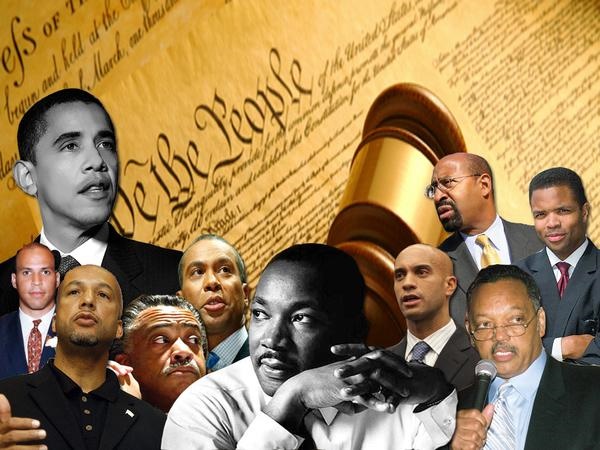|
Pension
Application of Allen Jeffers: S1770:
transcribed and annotated by C. Leon Harris
Declaration of Allen Jeffers, in order to
obtain benefits of the Act of Congress
passed
June 7 1832.
South Carolina}
Richland District}
On this second day of October (1832 omitted)
personally appeared in open court before
Jonah J. Evans one of the Judges of the
Court of Special(?) & Common Pleas,
Presiding at the Court now sitting Allen
Jeffers a resident of the district and State
aforesaid, aged seventy eight years on the
twenty nineth day of December next, who
being first duly sworn according to law,
doth on his oath make the following
declaration in order to obtain the benefit
of the Act of Congress passed June 7
1832, That he entered the service of the
United States under the following named
officers and served as herein stated. He
enlisted May the twelfth 1778 under Captain
Brown in Col. Thomson’s regiment third
Regiment Continentals, Col. Thomson had
commanded the 3rd Regiment of Rangers before
that. That he enlisted for three years. They
went down to Charleston immediately upon
being enlisted and joined the corps and lay
in
Charleston nearly a year. They were
stationed in the barracks out upon the
green. The Regiment then marched out of
Charleston to Savannah, at A Savannah he was
in a brush before the first Battle, and
afterward was in the first Battle of
Savannah when the French came in to assist
there and often saw Pulaski, who was wounded
at this battle and his thigh cut off he died
& was carried to Charleston afterward & was
buried there. Before this battle he was
placed under the command of Capt. Geo.
Little who commanded the company for a while
& there it was put under the command of
Capt. Felix Worley. They were then marched
up Savannah River to Purisburgh (sic:
Purysburgh SC). Does not remember the date
of the Battle of Savannah, but it was
sometime before the Fall of Charleston. Gen.
Isaac Huger commanded the attacking forces
of Savannah. Lay at Purisburgh awhile &
marched on from there to Charleston & was
stationed there until the Fall of the city.
He was there taken prisoner & parolled.
Charleston was taken in 1780, he believes it
was in May, but it has been so long. It was
any how in the Spring of the year. He rec’d
a discharge, but it has been worn out or
lost long ago. The applicant was born in
North Carolina, but brought to South
Carolina when a child & does not recollect
the place but from hearsay, on Pamplico
River (sic: Pamlico River), he has no record
of his age. He was living in the district &
state aforesaid when he enlisted, on the
Fork of Congaree & Wateree, where he has
lived ever since the war & where he now
resides. He was drafted in ‘78 and served in
the (illegible word) Camps, (illegible word)
but other service he enlisted as stated
above, he was never a substitute. In
Charleston before Charleston was taken while
deponent lay there, Col. Henderson commanded
there after
Col. Thomson retired. At Savannah Col. Huger
commanded his regiment & was afterward made
a general. His discharge was given to him by
Col. Henderson. Mr. Robert (surname
illegible), Jr., Mr. John Scott, Col. W.
(name
illegible) ones who lives in his
neighbourhood know him & can testify as to
his veracity. He hereby relinquishes every
claim....
James S. Guignard (signed) Allen Jeffers
Clerk
NOTES:
Allen Jeffers was apparently a free black
who served with Berry Jeffers (see pension
application W10145), Gideon Griffin (W8877),
Morgan Griffin (S18844), and Edward Harris
(R4649). If Allen Jeffer’s three-year
enlistment expired while he was at the siege
of Charleston in 1780, then the correct year
of his enlistment would have been 1777
rather than 1778. His enlistment having
expired, the British apparently paroled him
as a civilian.
|


